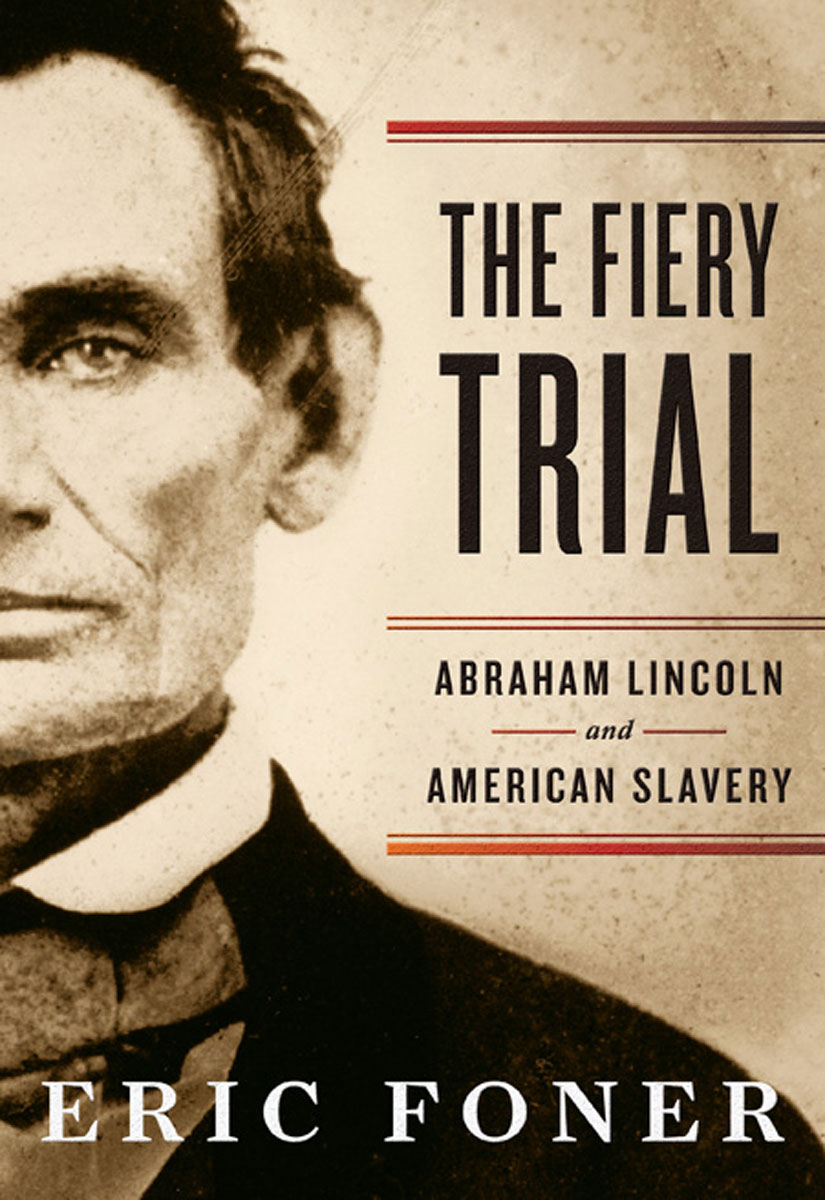

Most ebook files are in PDF format, so you can easily read them using various software such as Foxit Reader or directly on the Google Chrome browser.
Some ebook files are released by publishers in other formats such as .awz, .mobi, .epub, .fb2, etc. You may need to install specific software to read these formats on mobile/PC, such as Calibre.
Please read the tutorial at this link: https://ebookbell.com/faq
We offer FREE conversion to the popular formats you request; however, this may take some time. Therefore, right after payment, please email us, and we will try to provide the service as quickly as possible.
For some exceptional file formats or broken links (if any), please refrain from opening any disputes. Instead, email us first, and we will try to assist within a maximum of 6 hours.
EbookBell Team

0.0
0 reviewsA mixture of visionary progressivism and repugnant racism, Abraham Lincoln's attitude toward slavery is the most troubling aspect of his public life, one that gets a probing assessment in this study. Columbia historian and Bancroft Prize winner Foner (Free Soil, Free Labor, Free Men) traces the complexities of Lincoln's evolving ideas about slavery and African-Americans: while he detested slavery, he also publicly rejected political and social equality for blacks, dragged his feet (critics charged) on emancipating slaves and accepting black recruits into the Union army, and floated schemes for colonizing freedmen overseas almost to war's end. Foner situates this record within a lucid, nuanced discussion of the era's turbulent racial politics; in his account Lincoln is a canny operator, cautiously navigating the racist attitudes of Northern whites, prodded--and sometimes willing to be prodded--by abolitionists and racial egalitarians pressing faster reforms. But as Foner tells it, Lincoln also embodies a society-wide transformation in consciousness, as the war's upheavals and the dynamic new roles played by African-Americans made previously unthinkable claims of freedom and equality seem inevitable. Lincoln is no paragon in Foner's searching portrait, but something more essential--a politician with an open mind and a restless conscience. 16 pages of illus., 3 maps.
Copyright © Reed Business Information, a division of Reed Elsevier Inc. All rights reserved.
Starred Review. Original and compelling….In the vast library on Lincoln, Foner’s book stands out as the most sensible and sensitive reading of Lincoln’s lifetime involvement with slavery and the most insightful assessment of Lincoln’s—and indeed America’s—imperative to move toward freedom lest it be lost. An essential work for all Americans. (_Library Journal_ )
Do we need yet another book on Lincoln?... Well, yes, we do—if the book is by so richly informed a commentator as Eric Foner. Foner tackles what would seem to be an obvious topic, Lincoln and slavery, and manages to cast new light on it.... Because of his broad-ranging knowledge of the 19th century, Foner is able to provide the most thorough and judicious account of Lincoln's attitudes toward slavery that we have. (David S. Reynolds - The New York Times Book Review )
A well orchestrated examination of Lincoln’s changing views of slavery, bringing unforeseeable twists and a fresh sense of improbability to a familiar story. (The 2011 Pulitzer Prize Committee )
While many thousands of books deal with Lincoln and slavery, Eric Foner has written the definitive account of this crucial subject, illuminating in a highly original and profound way the interactions of race, slavery, public opinion, politics, and Lincoln's own character that led to the wholly improbable uncompensated emancipation of some four million slaves. Even seasoned historians will acquire fresh and new perspectives from reading The Fiery Trial. (David Brion Davis, author of Inhuman Bondage: The Rise and Fall of Slavery in the New World )